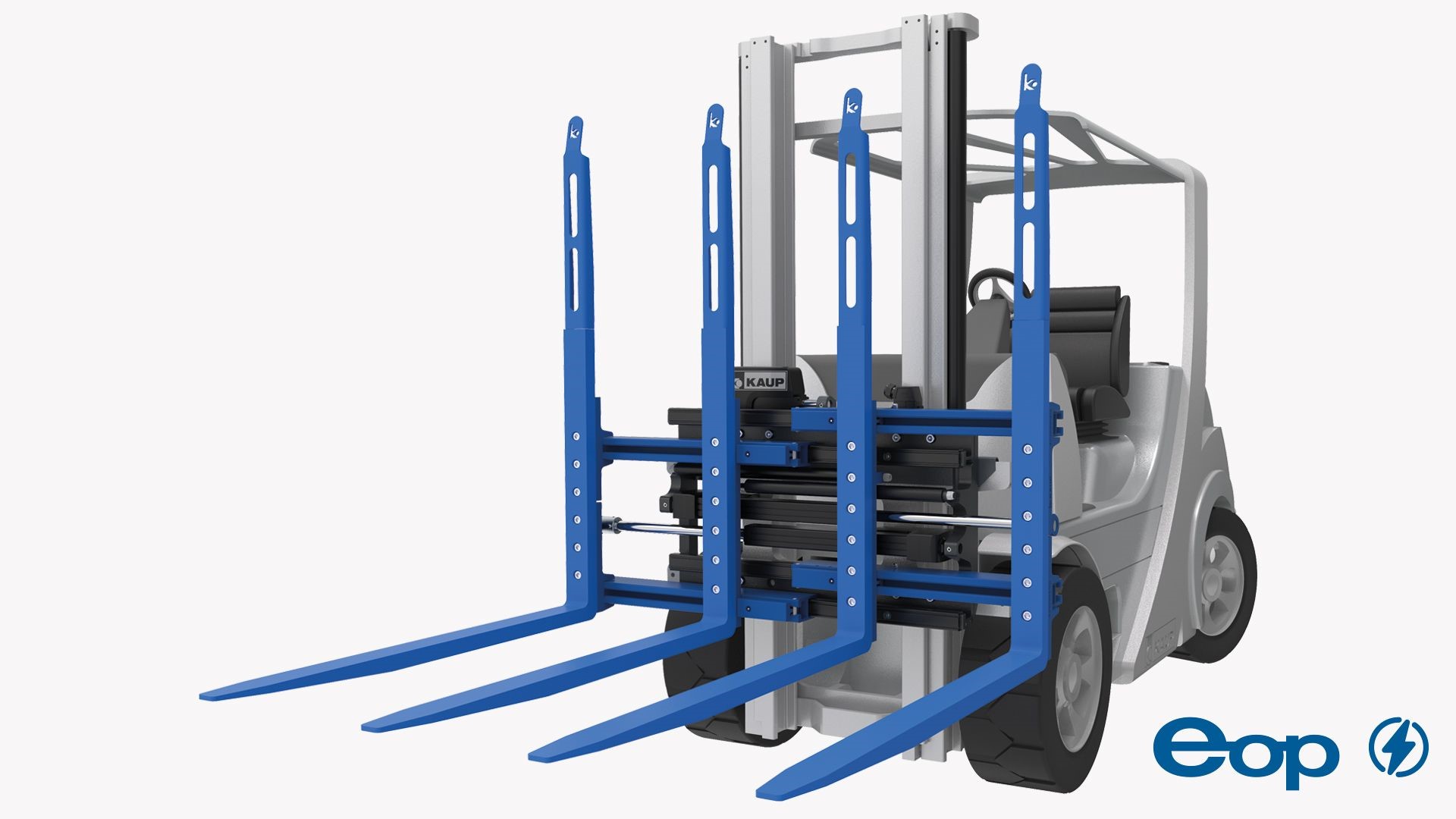Lekkerland, an on-the-go consumption specialist with has around 51,300 points of sale throughout Germany, employing 3,140 people, has new DCs. The company is part of the REWE Group, one of the leaders in the retail and tourism sector in Germany and Europe. In 2021, the REWE Group recorded a total turnover of approximately 75.3 billion euros. Founded in 1927, the REWE Group is present in 21 European countries with more than 384,000 employees.
Lekkerland is in the process of reorganising its logistics in Germany between now and 2030 to adapt it to the present and future opportunities and threats of on-the-go consumption. In this context, the storage solutions specialist AR Racking provided its support in the opening of two new warehouses in Germany.
Lekkerland is dedicated to the distribution of food products and other items to petrol stations, kiosk, retailers, quick service restaurants and similar businesses. The two new warehouses in Kerpen and Wedemark will help to optimally serve the needs of customers in the long-term, for example, meeting the growing demand for fresh items such as wraps and salads.
The storage systems designed (adjustable pallet racking) manufactured and installed by AR Racking mean that the Wedemark warehouse will have a capacity of 30,954 pallet positions, while the Kerpen warehouse has 26,505 positions. In the latter case, seismic zone 3 criteria were also adopted. This is racking designed for euro pallets of up to 1,000 kg, that allow the storage of refrigerated and non-refrigerated products, among others. “We considered their specific needs for the project”, explained Roland Fischer, Key Account Manager at AR Racking Germany, and added that, “the AR Germany team met all the requirements in due time and to Lekkerland’s satisfaction”.
Lekkerland’s new DCs
Some areas were fitted with frames with three uprights, which are equipped with ascending roller beds for order preparation. The industrial racking installed by AR Racking is 10 metres high in various layouts and with up to 6 levels. The aisles between the racking are 3.5 metres wide.
According to Robert Kosmol, Corporate Real Estate Development Manager at Lekkerland, “the objective was to invest in very versatile and adaptable infrastructure that would help optimise the space without losing flexibility to increase our stock and improve inventory control in the picking area. The quality of the racking, the comprehensive project management and the continuous communication with AR Racking gave us added value in the installation of these two new warehouses.”
AR Racking is part of the Arania Group, an industrial group of companies with extensive experience and scope, and with a multi-sectoral activity based on the transformation of steel that dates back more than 80 years. AR Racking provides the market with a wide range of solutions with high certified quality standards and a comprehensive project management service. AR Racking’s industrial storage systems stand out for their innovation, reliability and optimum efficiency.






